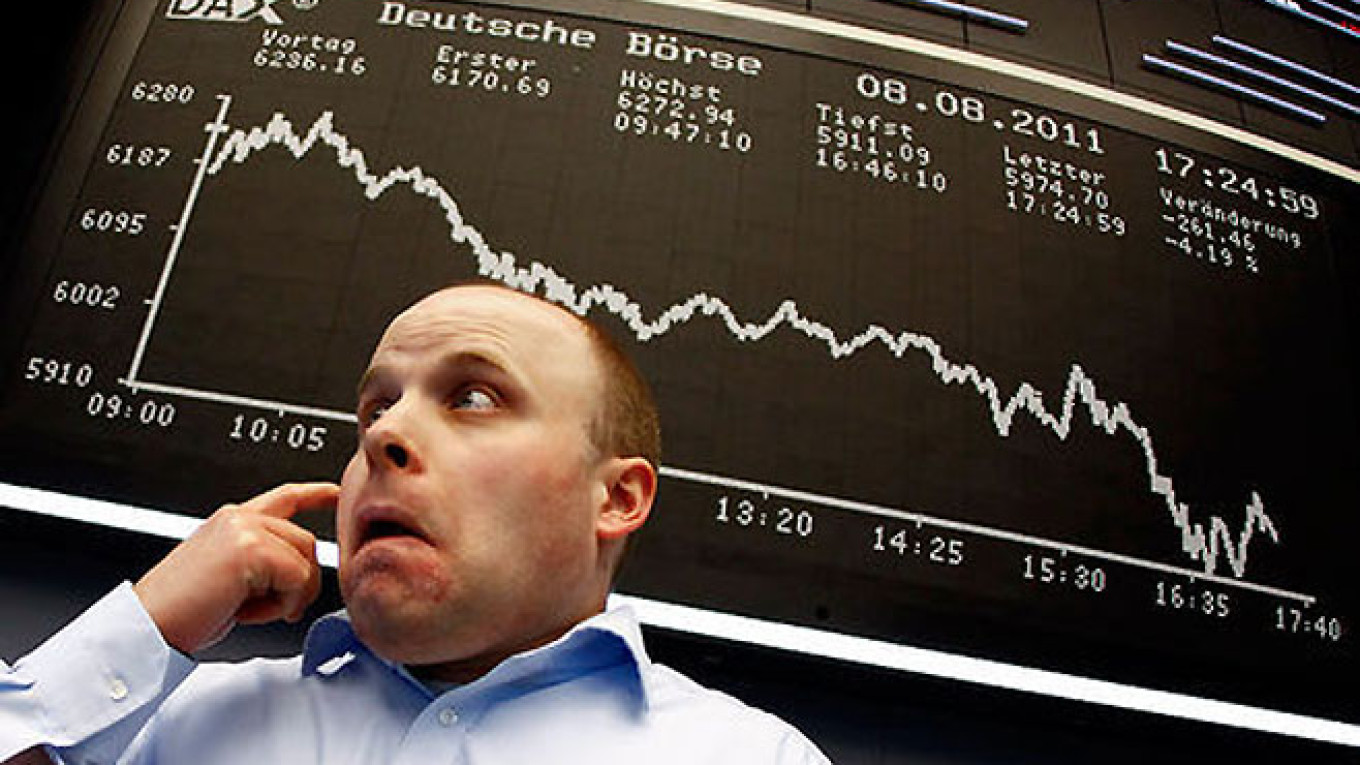President Vladimir Putin is ready and willing to have a confrontation with the West of the scale that would not have been imaginable during the previous 14 years of his presidency.
He considers a pro-Western Ukraine to be a strategic challenge to Russia and a likely new member of NATO on Russia's border. Putin no longer trusts Western politicians and seems to have concluded that Russian interests will be taken into account only, if and when it has a strong negotiating position.
Putin sees a strong chance of winning in the political confrontation, and this is probably more important for him now than foreign investors.
It is clear that on Sunday a majority of Crimeans will vote for independence from Ukraine and to join Russia. At the same time, Russia has no legal procedure for accepting new regions that have been units of a foreign state. A draft law has been submitted to the State Duma, and the first committee hearing of this draft law is scheduled for March 17. It will take the Duma weeks, if not months, during which Russia will be discussing the future of Ukraine with the West with the objective of affirming itself, to the greatest possible extent, as the regional great power in whose backyard no foreign powers should be messing around.
From this perspective, Russia's de facto control of Crimea is regarded by the Kremlin as a strong negotiating position.
With this in mind, investors should probably be worried at this stage about the extent of potential sanctions and Russia's response to them.
If Russia does not rush in to incorporate Crimea as its "administrative unit" and the sanctions are limited to its dropping from Group of Eight and some limited visa sanctions and asset freezes for politicians and businessmen who are directly involved in separatist activities, Russia's response would be relatively small-scale. If this is the case, there will be little effect on investors, except those who may be involved in cooperation with Russian companies in the field of military technology — but this is possible only if the U.S. and the European Union do not decide to freeze cooperation with Russia in this field.
But if sanctions are applied to Russian state-owned companies and banks, Russia might want to retaliate by freezing foreign companies' accounts here. There was an announcement that the constitutional law committee of the Federation Council has invited legal experts to study whether such sanctions would be legal, but no draft law has been produced yet.
As mentioned, there is not much that foreign investors can do, except putting pressure on politicians in their home countries to act soberly. They can also put pressure on their Russian joint venture partners to try to deliver a similar message to the Kremlin, particularly when it involves large multinationals in the energy field.
In this regard, my only advice to foreign investors is keep calm and wait until next Monday and hope that Russian and Western political leaders can still talk to each other constructively.
Oleg Babinov is head of? Russia, Eastern Europe and Eurasia Practice for? The Risk Advisory Group.
A Message from The Moscow Times:
Dear readers,
We are facing unprecedented challenges. Russia's Prosecutor General's Office has designated The Moscow Times as an "undesirable" organization, criminalizing our work and putting our staff at risk of prosecution. This follows our earlier unjust labeling as a "foreign agent."
These actions are direct attempts to silence independent journalism in Russia. The authorities claim our work "discredits the decisions of the Russian leadership." We see things differently: we strive to provide accurate, unbiased reporting on Russia.
We, the journalists of The Moscow Times, refuse to be silenced. But to continue our work, we need your help.
Your support, no matter how small, makes a world of difference. If you can, please support us monthly starting from just $2. It's quick to set up, and every contribution makes a significant impact.
By supporting The Moscow Times, you're defending open, independent journalism in the face of repression. Thank you for standing with us.
Remind me later.


